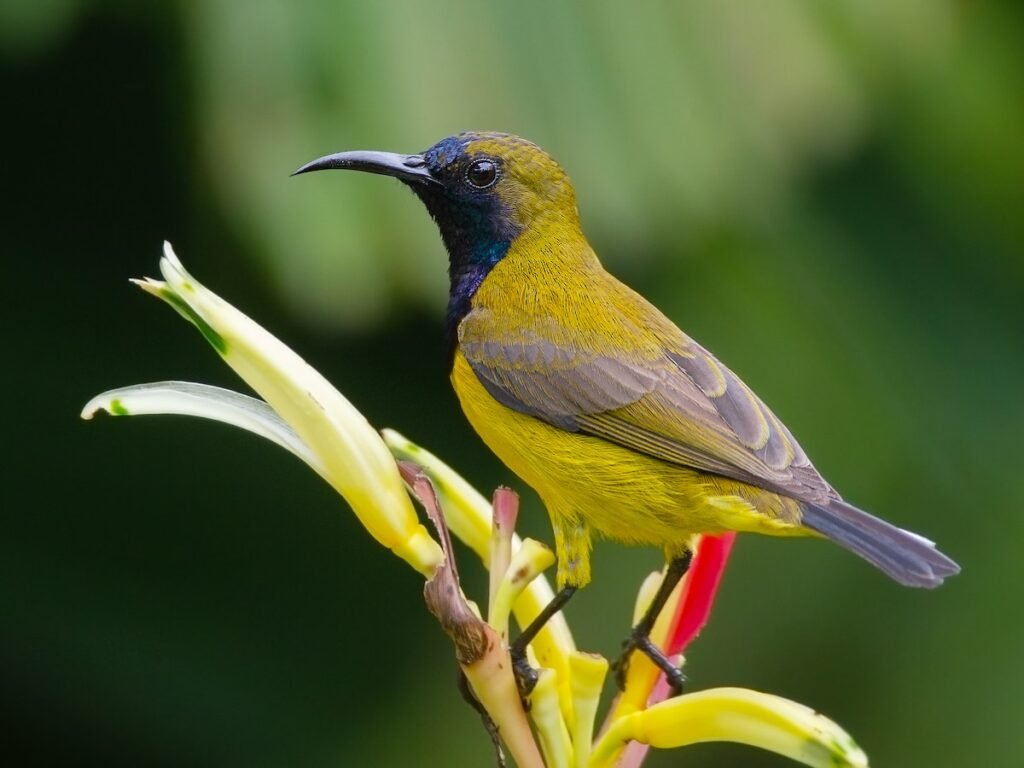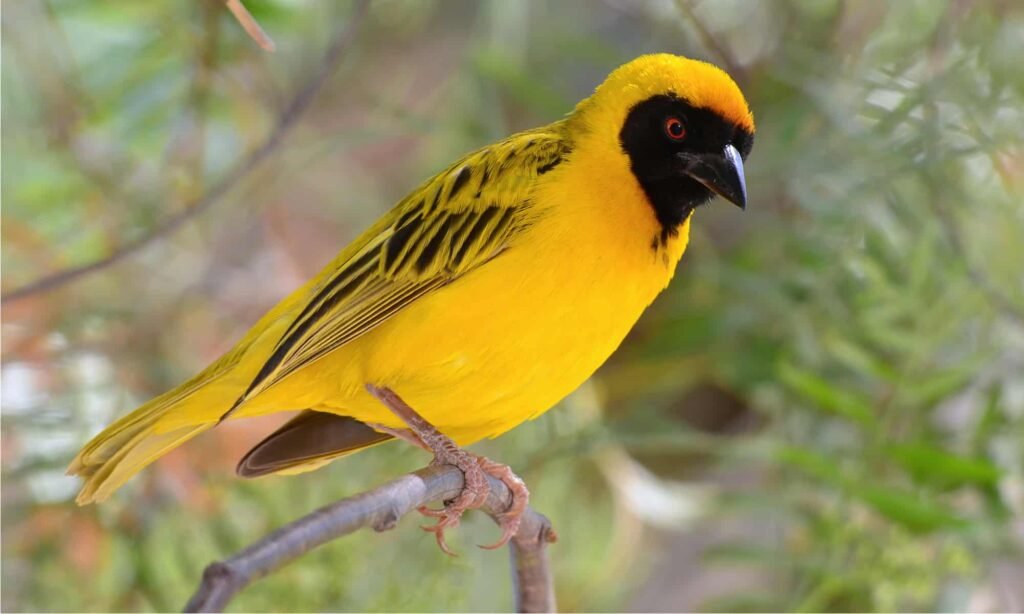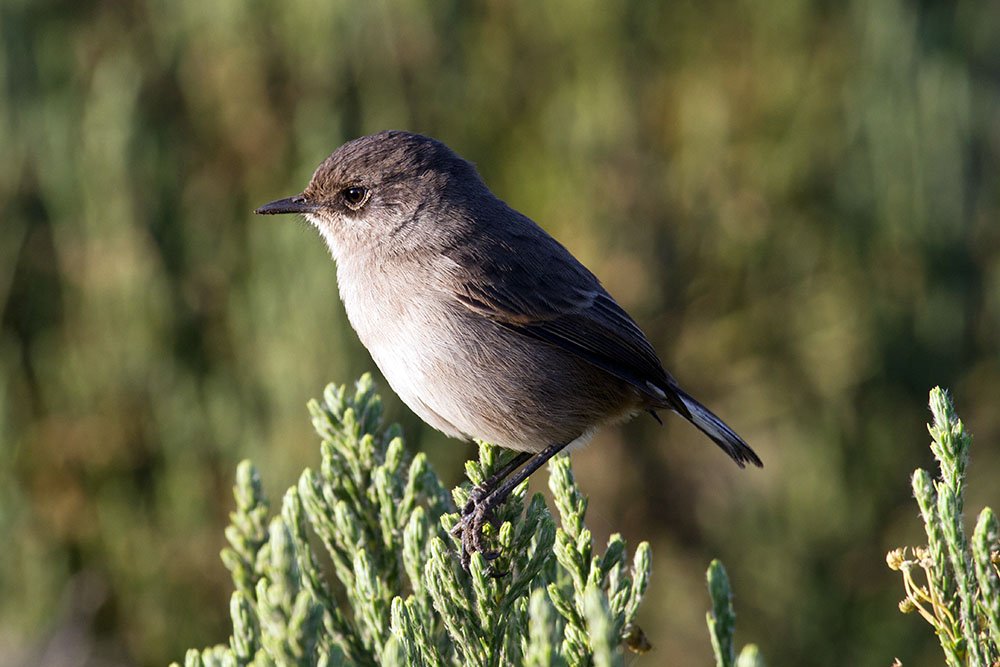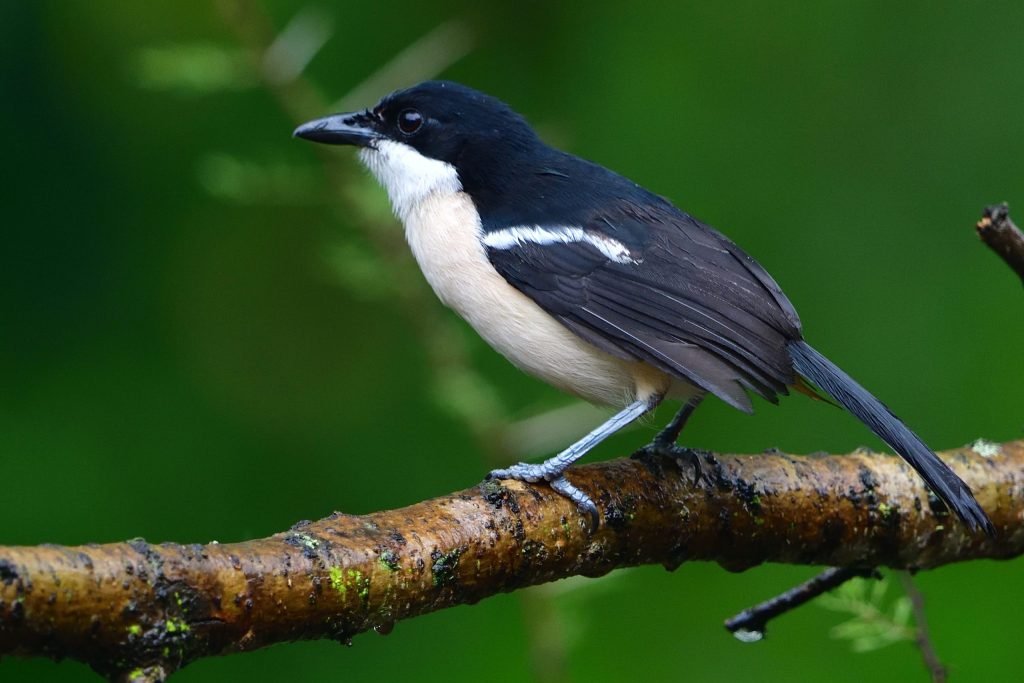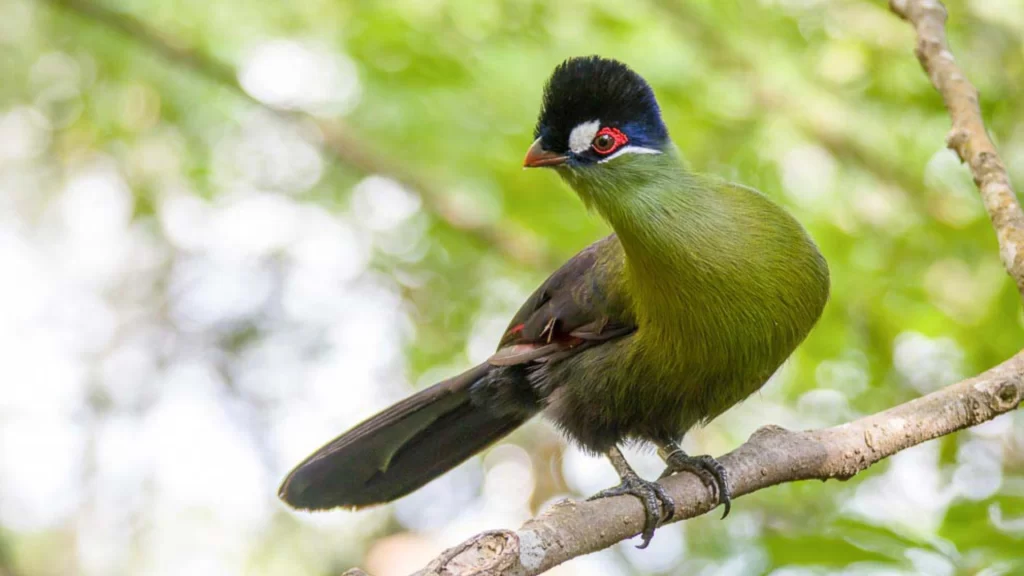Moshi Town, located in northeastern Tanzania’s Kilimanjaro Region, serves as the bustling gateway to Africa highest peak. Indeed, its strategic position at the foot of Mount Kilimanjaro makes it the primary starting point for climbers embarking on the legendary ascent. Visitors often wonder, “Where is Moshi located?” It lies nestled amidst lush coffee plantations, offering stunning, unobstructed views of the snow-capped summit on clear days. Furthermore, Moshi is not just a transit hub; it possesses a unique charm and vibrant local culture. This well-organized town provides a pleasant contrast to larger Tanzanian cities, inviting travelers to relax and explore its unique offerings.
Why This Tanzanian Town is a Perfect Base
Why choose Moshi Town as your base? Primarily, its proximity to Mount Kilimanjaro is a major draw. However, Moshi offers much more than just mountain access. The town boasts a comfortable climate, thanks to its elevation, making it ideal for pre-climb preparations or post-safari relaxation. Moreover, Moshi is a major center for Tanzania coffee industry. Visitors can embark on engaging coffee tours, learning about the bean-to-cup process directly from local farmers and enjoying freshly brewed coffee. The town’s vibrant local markets provide an authentic glimpse into daily life. Consequently, you find unique crafts, fresh produce, and a lively atmosphere. Many travelers find its relaxed pace and friendly locals incredibly welcoming.
Adventures and Experiences Around Moshi Town
Beyond climbing, the area around Moshi Town offers numerous exciting activities. Day trips to Materuni Waterfalls, combined with a cultural experience at a Chagga village and a local coffee tour, are extremely popular. Additionally, you can explore the Kikuletwa Hot Springs, a natural oasis perfect for swimming and relaxation. For those interested in conservation, various community projects and volunteer opportunities exist. Ultimately, whether you plan to conquer Mount Kilimanjaro, discover local Tanzanian culture, or simply enjoy beautiful scenery, Moshi provides an excellent starting point and a memorable experience. Its blend of adventure and authentic local life makes this town an indispensable part of any northern Tanzania itinerary.











